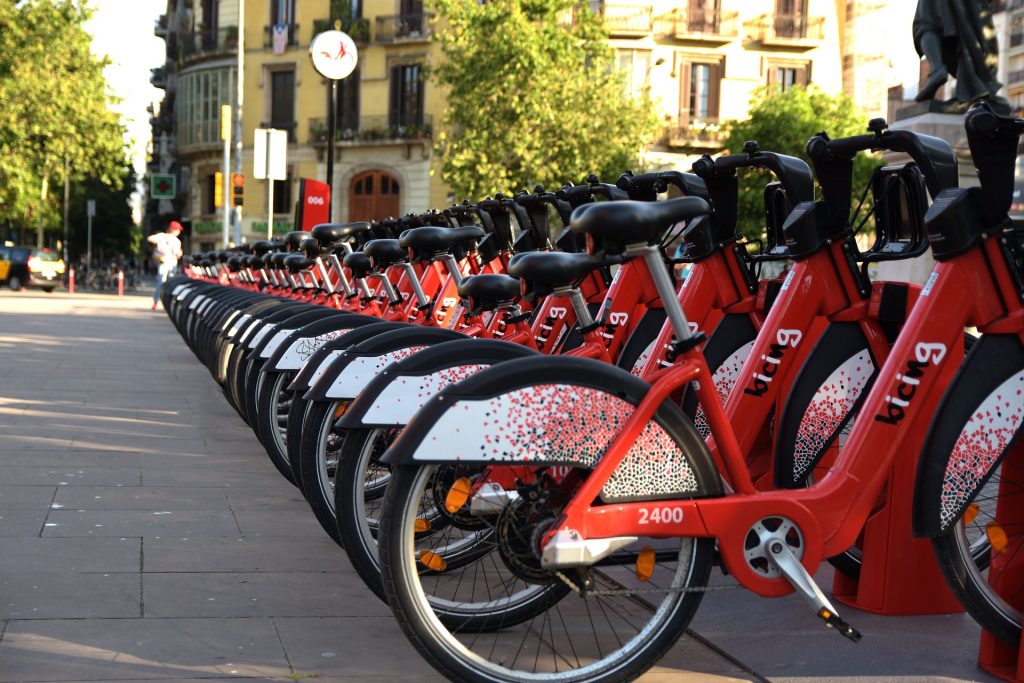
When referring to mobile culture, do you think about mobile devices with any-time and any-where access to the internet, or do you think about the culture of being on the move? As cities grow, traffic problems increase, and global climate change becomes more concerning, bicycle sharing programs (both pedal bikes and electric bikes) have been gaining momentum with varying levels of success worldwide. What first started as simple programs to provide free access to bikes in a few cities has evolved into ridesharing using mobile apps to let users know the locations and charge levels of nearby bikes. In order to keep the bike sharing systems moving efficiently, artificial intelligence is being used to monitor the usage and predict where bikes are needed most.
Why some bike shares work and others don’t
Hi Lori,
As an avid BIXI rider here in Montreal, I found your post very interesting!
The idea of a mobile culture in transportation is definitely aligned with constant connections.
Just as the cellphone network needs ample coverage to work, I feel that bike share and car share systems also need a wide, consistent network.
Having enough bikes and docking stations, and then having an app to help find the bike or the dock were very important in the impregnation of BIXI culture. We also have two car share systems, one of which had a straight forward app and the other with a more clunky website. The clunky website soon switched to apps and is doing much better.
There is now a gamification aspect to the BIXI app, called BIXI friends (Amis BIXI) https://bixi.com/en/amis-bixi
Now, not only are you constantly connected, but you are also a part of the transportation system, incorporating the shift of bikes around to spaces in need to gain points for future rides!